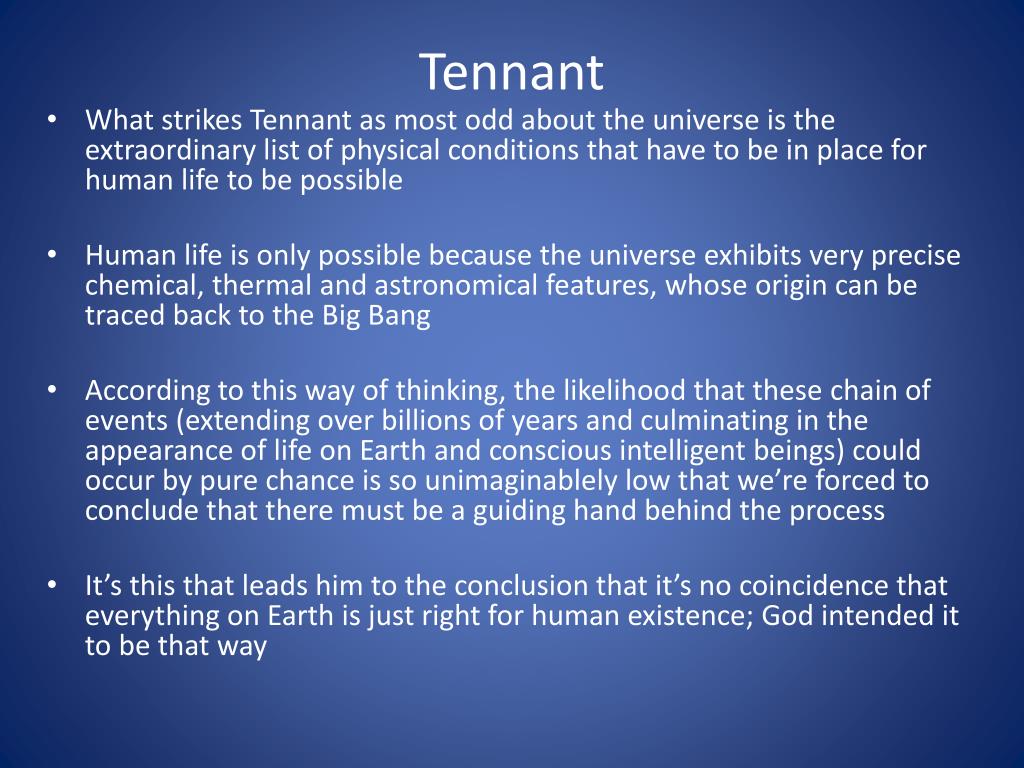
It turns out that less than one-half of 1 percent (0.46%) of the earth’s total volume is capable of sustaining human life-meaning that, even if we manage to imagine that the Earth is Eden, we know it is not. The deep sea would chill us, crush us, and suffocate us. Going below 2,000 meters below sea level and we will slowly cook from the heat of the Earth’s interior. Take us above 8,000 meters above sea level and we will slowly die from depressurization and lack of oxygen. Unfortunately, most of the Earth is off-limits to human life. Let's for a moment wrap ourselves in a blanket of ignorance and arrogance and assume that the Earth, and the universe, were designed clearly just for us. Yes, let’s ignore all that and assume that the Earth is a perfect place to support life. Let's also ignore that we are often our own worst enemies in war, murder, and vehicle crashes. Let's ignore that radiation from nuclear power gone awry can kill us. Let's ignore the fact that a fall from a height greater than 10 meters would probably kill us, or that submersion underwater for over 10 minutes is likely to be fatal. Let's ignore the forest fires, blizzards, tornadoes, tsunamis, hurricanes, avalanches, earthquakes, landslides, and volcanoes that can also kill us. Let's ignore all the poisonous snakes, jellyfish, fish, plants and mushrooms that would kill us. Let us ignore all the bacteria and viruses that want to infect us. Is the world fine tuned for human life? Let us ignore all the lions, bears, tigers, and crocodiles that would eat us. Illustration of the Weak Anthropic Principle “ ”In string theories all the parameters of the theory - in particular all quark and lepton masses, and all coupling strength - are calculable, so there are no parameters left to allow anthropic arguments.Īccording to Stephen Hawking, there is a 98 percent chance that a universe of a type such as ours will come from the Big Bang. In other words, in order for the universe to be observed, the universe must exist in a state that allows observers to exist. The strong AP essentially states that our universe and its fundamental constants must exist, at some point in the universe's history, in such a way that it allows the creation of observers.

The weak AP states that humans live in an inherently unique part of the universe, because humans require unique conditions to live and exist. Two commonly cited variations are Carter's weak and strong anthropic principles. The anthropic principle (AP) is an oft-misunderstood philosophical proposition that has many variations.

I think this may be something we need to be on the watch out for. “ ”Imagine a puddle waking up one morning and thinking, 'This is an interesting world I find myself in, an interesting hole I find myself in, fits me rather neatly, doesn't it? In fact it fits me staggeringly well, must have been made to have me in it!' This is such a powerful idea that as the sun rises in the sky and the air heats up and as, gradually, the puddle gets smaller and smaller, it's still frantically hanging on to the notion that everything's going to be alright, because this world was meant to have him in it, was built to have him in it so the moment he disappears catches him rather by surprise.


 0 kommentar(er)
0 kommentar(er)
